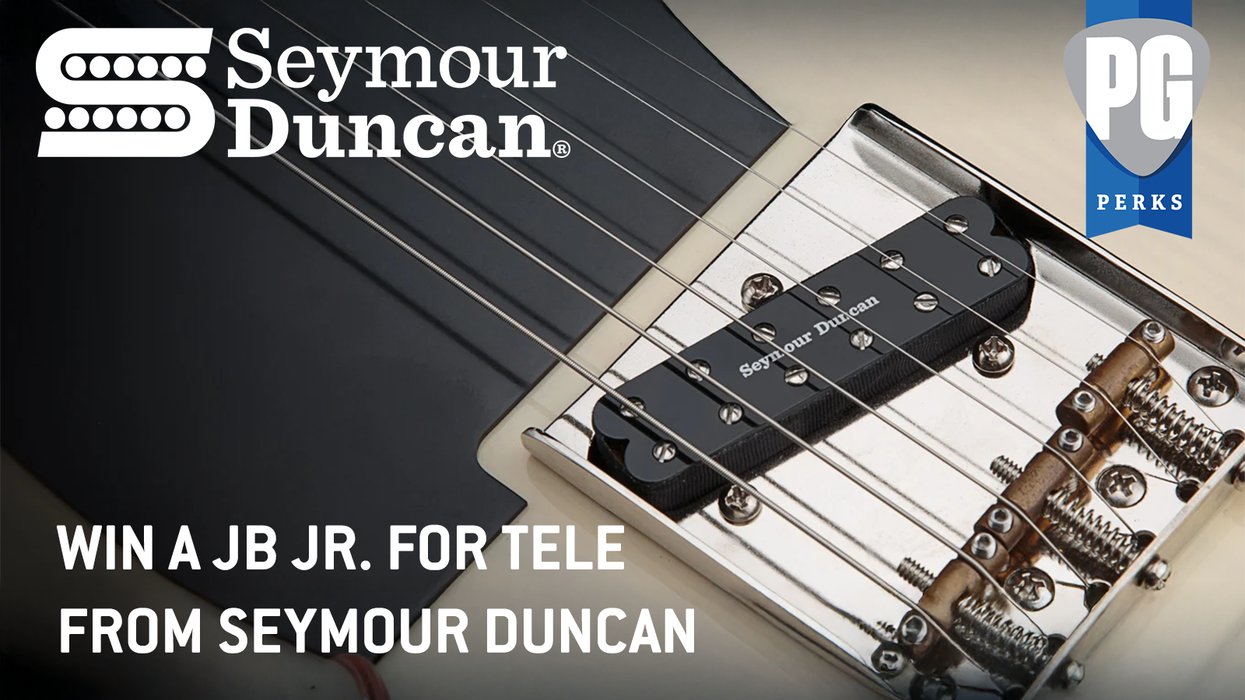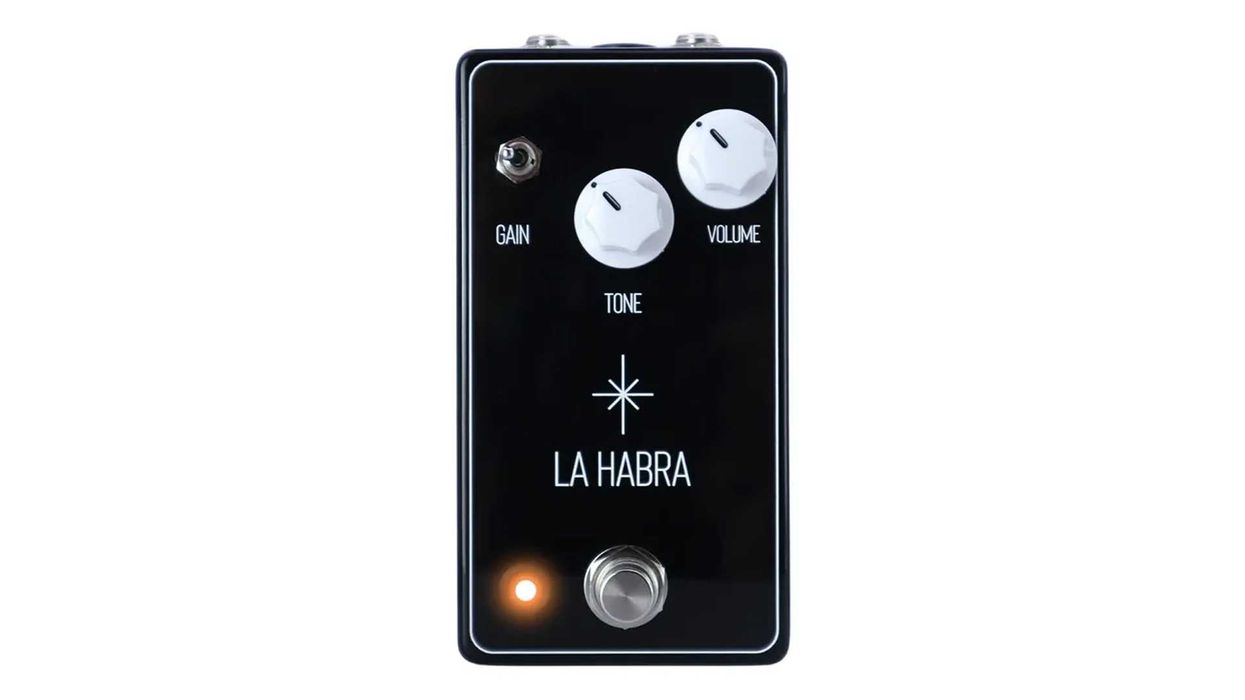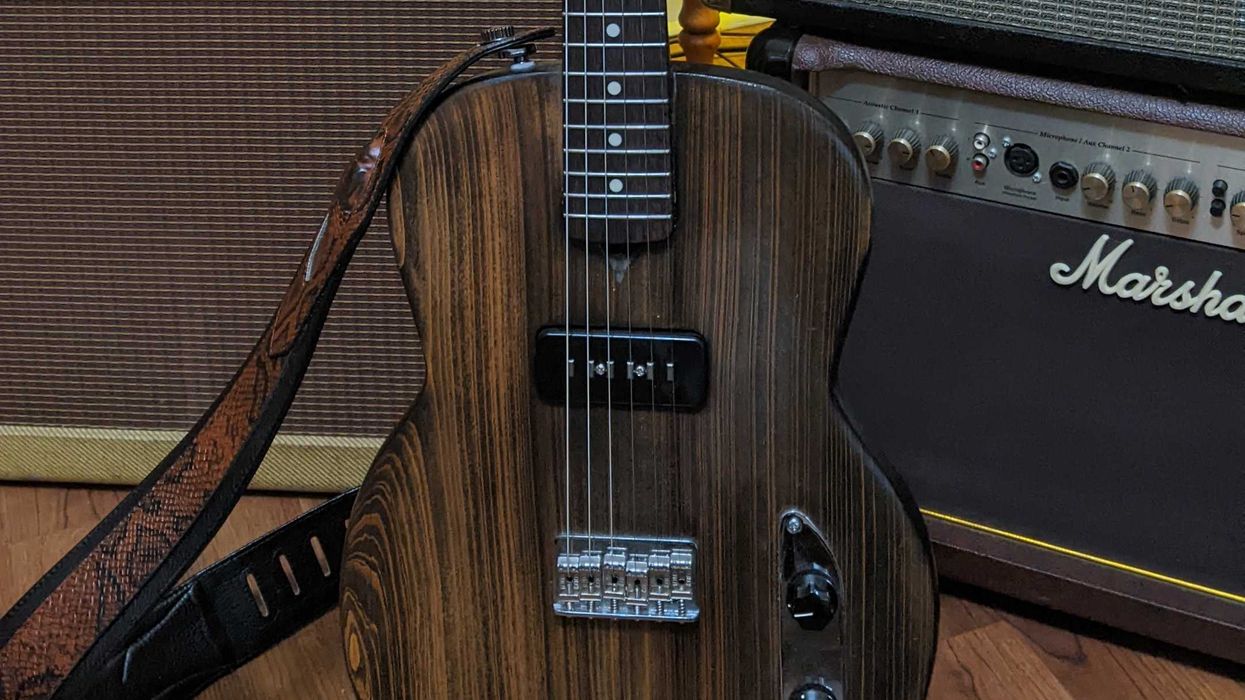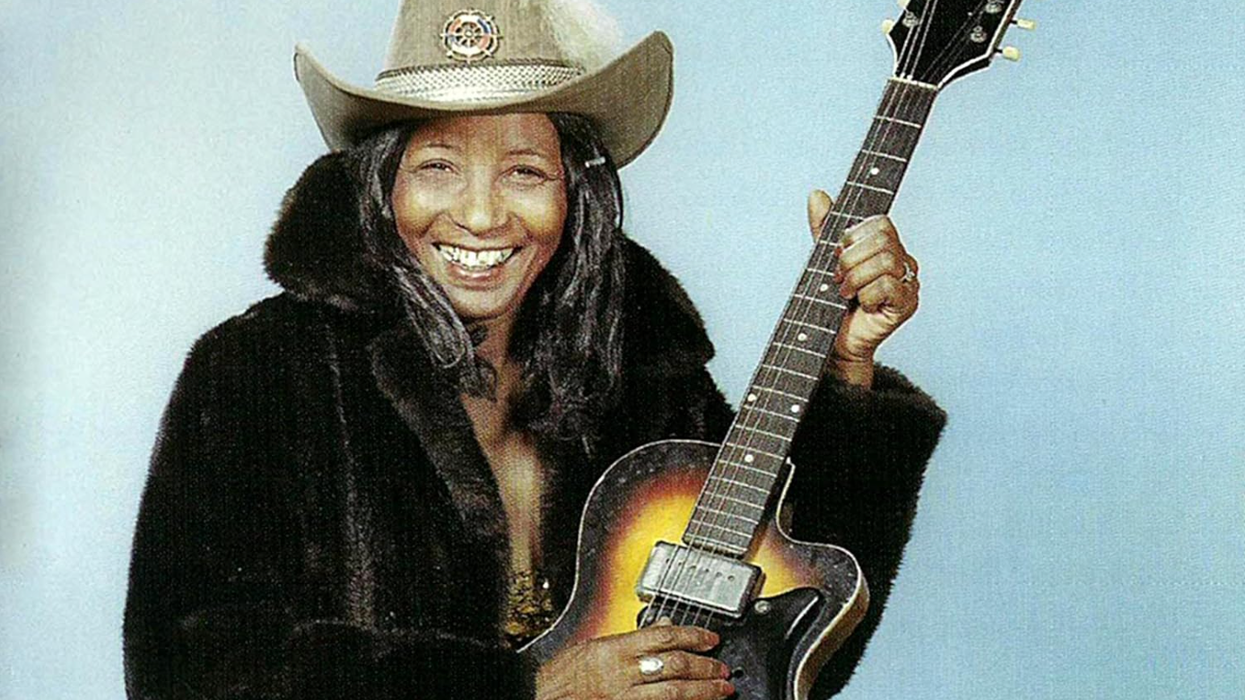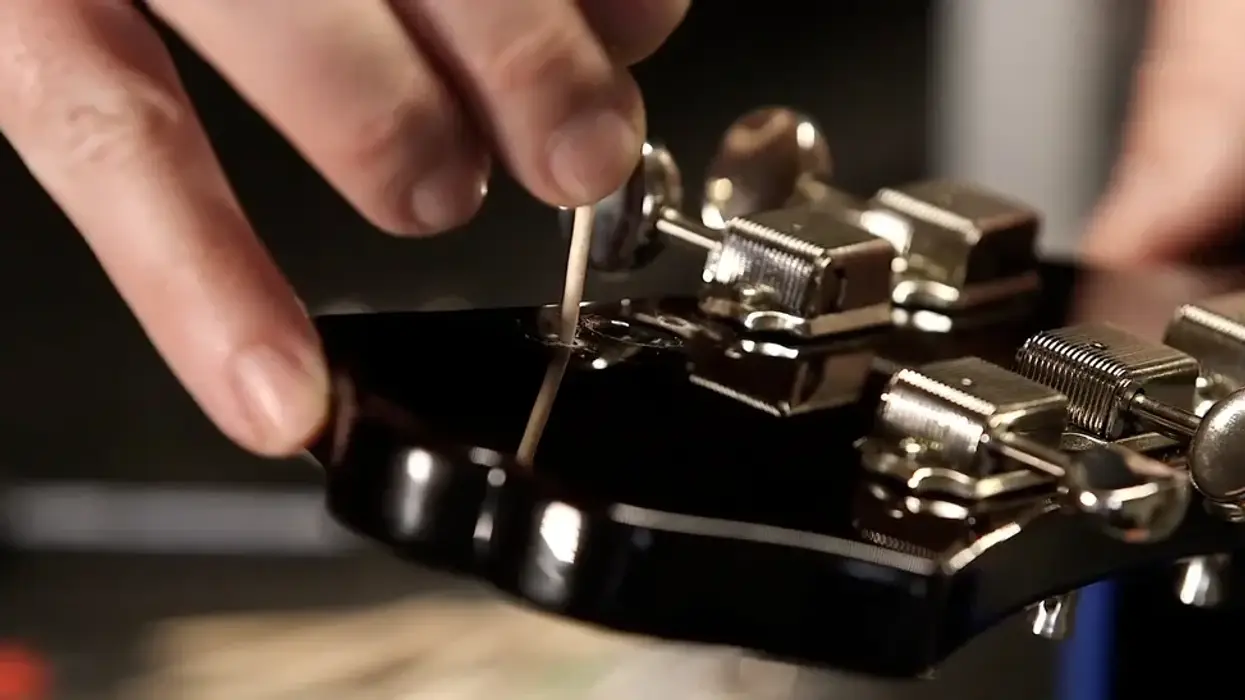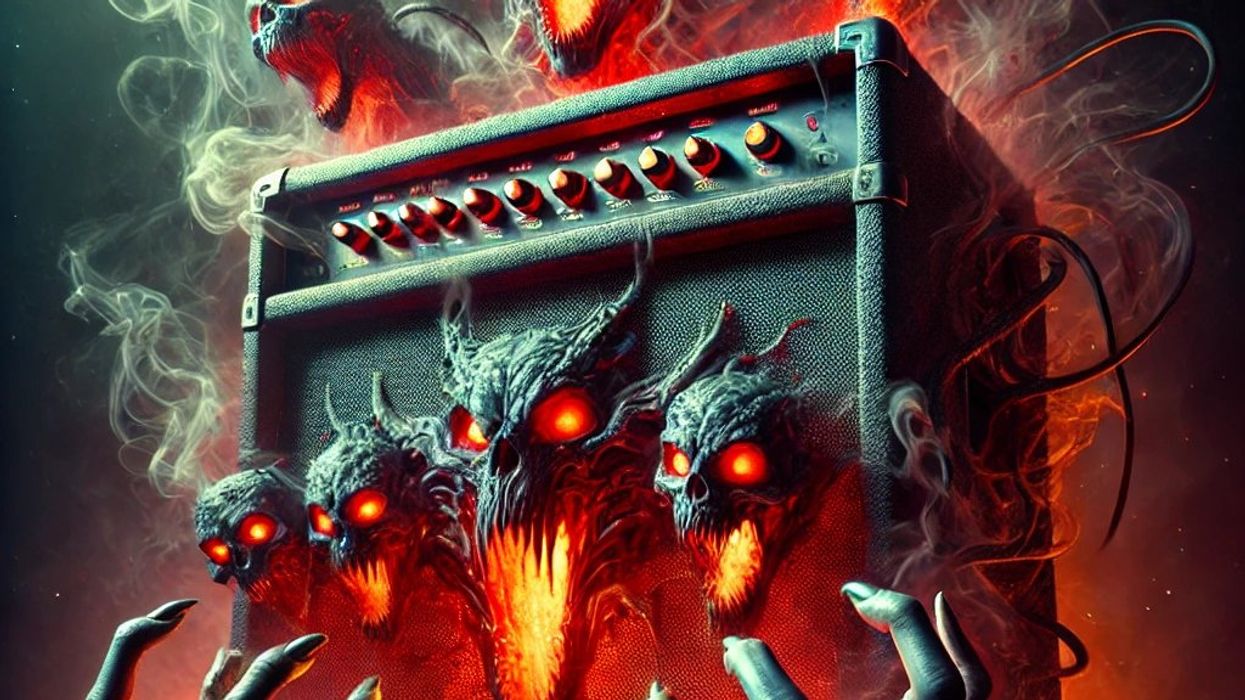Play a gig! That’s my advice on how to become a better player, and maybe even a happier and better human. Sure, plenty of us have played plenty of gigs, but I know a lot of people with a room full of gear who have never taken any of it out of the house, save for maybe the beach or around a fire. And honestly, there’s nothing wrong with that, but why deny yourself the experiences that come with performing live in front of strangers through a PA? Take your acoustic to an open mic in a basement or local watering hole, or sit in with a friend’s cover band for a few songs. Maybe even sing, too. Just take any opportunity to get on any stage that you can, and let it rip.
Why? Because practicing at home is not the same as actually performing. And performing, which, to put it bluntly, lights a fire under your ass, has unlimited benefits. If you have some stage fright or general shyness, what better way to get over it than learning the techniques to cope that come naturally after a couple performances? To say nothing of the confidence that you’ll enjoy after you’re survived a few gigs. You learn to breathe differently (with your instrument), attack the guitar differently, to sing and play into a mic and sound system and grasp how it can be used for dynamic effect or to underscore a lyric, or how your guitar sounds amplified in a larger space when you pick or strum at various places along the strings or flip the pickup selector or roll back the volume.
Perhaps the best benefit of gigging is how it broadens your world.
For me, playing solo and in bands has been great therapy, as well as a ticket to adventure. The confidence I’ve grown into standing in front of strangers and even talking to them during performances is one of the greatest gifts I’ve received. I was a shy, odd kid, and performing has taught me how to engage with others in a deeper and personal way, and lessen my fears about, well … everything! Also, the desire to be good and to entertain is a strong motivator for musical improvement. (That fire, again!)
But perhaps the best benefit of gigging is how it broadens your world. You meet other musicians, and invariably some of them become friends. Who doesn’t like making new friends? Plus, if you deliver a song or a set with a modicum of confidence and engagement, strangers will connect with that and want to offer you praise or commiseration or even their own stories if, say, something you sang or said resonated with them. That kind of sharing is a beautiful thing.
If you play a gig, and play more gigs, and keep getting better, and people start coming to see you on a regular basis, the connections deepen. I’ve had people tell me my music has helped them feel like they’re “at home”—a home they’d left years ago and long for. A few have told me that my recordings have brought solace to a dying loved one, or become a joyful bond of listening shared with a difficult parent. That has touched me deeply and made me feel better about choosing to travel a road that, at times, has been quite difficult.
If I hadn’t first stepped on a stage at a diner (that served cheap beer) in the woods outside of Worcester, Massachusetts, and kept pushing through the first 50 gigs that gave me the terrors, all that and more would never have happened. I am grateful that I did.
So, go play a gig. Then maybe another, and another. Each gig becomes a flagstone on the path of musical pursuit and, more important, life. They can lead to wonderful places and things.
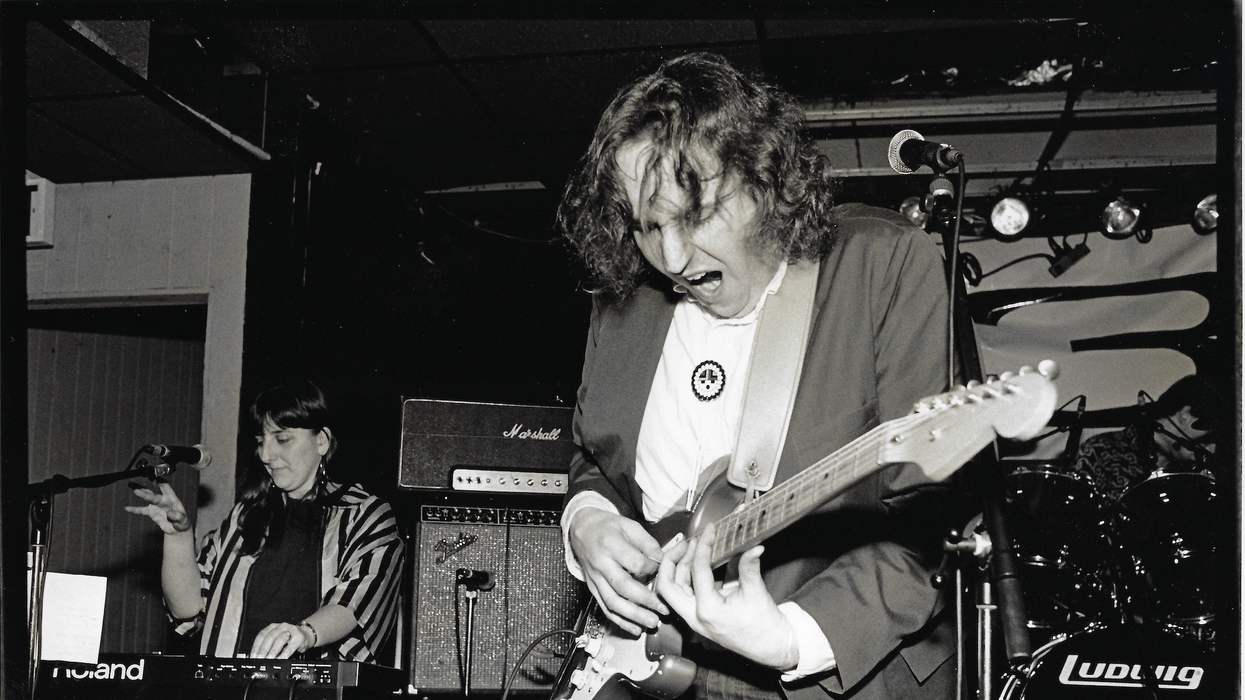



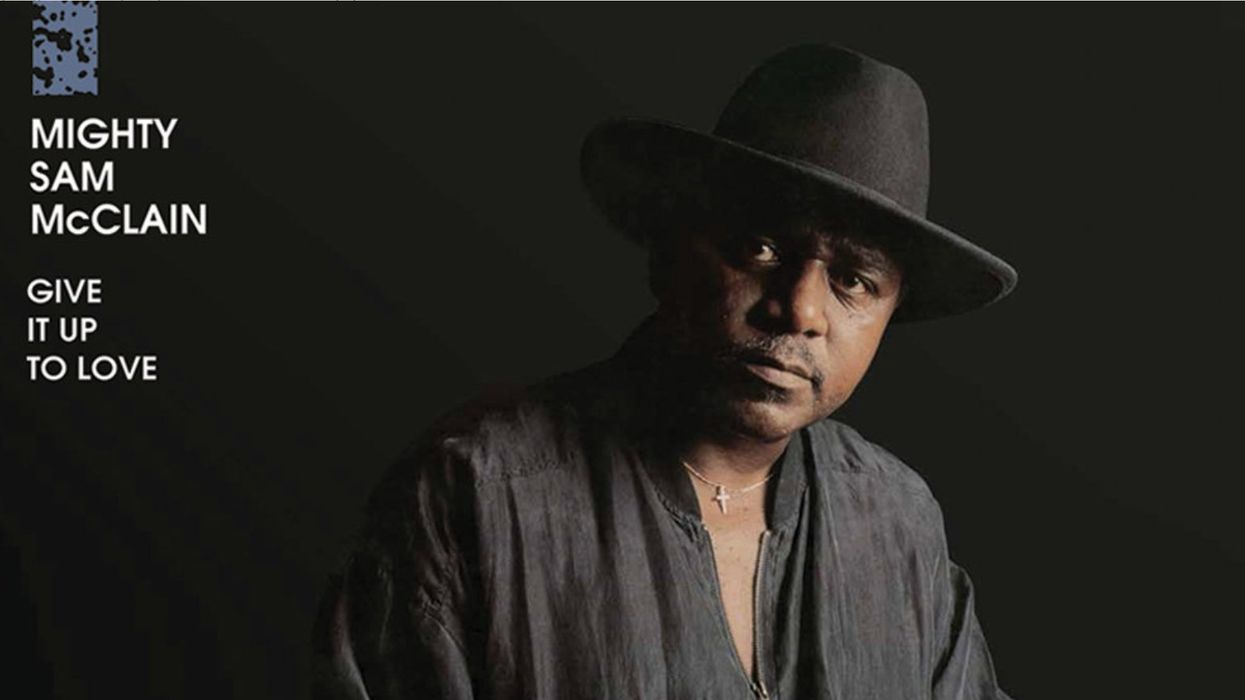
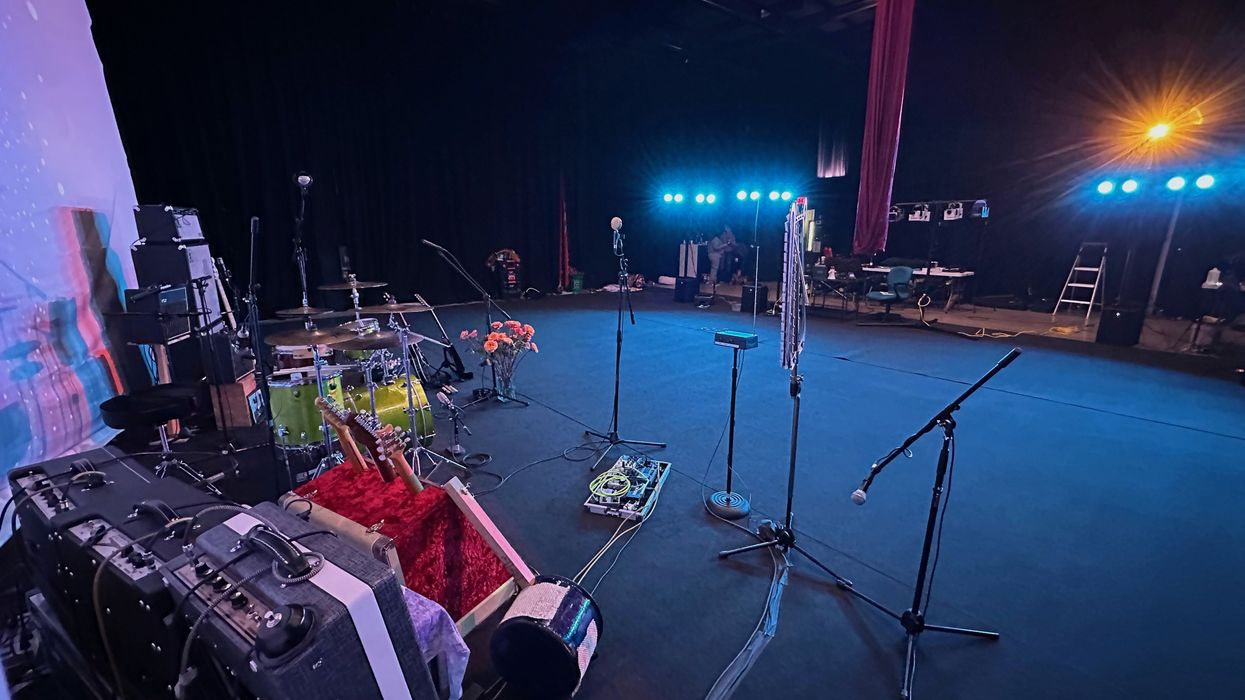
![Devon Eisenbarger [Katy Perry] Rig Rundown](https://www.premierguitar.com/media-library/youtube.jpg?id=61774583&width=1245&height=700&quality=70&coordinates=0%2C0%2C0%2C0)

